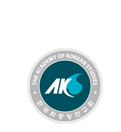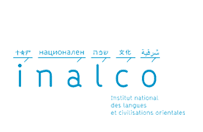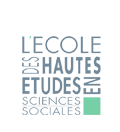![]()
Program Outline
To promote a better understanding of Korea throughout the global community, Korea Foundation offers financial support for the publication of Korea-related books, in non-Korean languages, by publishers worldwide. The Publication Support Program for the year 2018 is outlined here for the reference of applicant publishers who are interested in applying for this assistance.
Eligible Applicants
* Publishers can submit applications for a maximum of two (2) publications.
Eligible Publications
* Publications in Korean langauge are not eligible.
Eligible Areas
Publications on Korea related to such areas as the humanities, social sciences, art and culture, written in languages other than Korean.
Ineligible Projects
5. Translation/publication of literary works.
Program Support
|
Project Items |
Program Support (Maximum per project) |
|
|
Newly written works |
Portion of the publication costs (composition, paper, printing, binding) |
Domestic publishers: KRW10,000,000
Overseas publishers: USD10,000
|
|
Translation works |
Portion of publication costs and translation fees |
Domestic publishers: KRW20,000,000
Overseas publishers: USD20,000
|
※ Writer’s remuneration, copyright fees, and proofreading fees are not eligible for program support. For translations, copyright arrangements need to be finalized at the time of application.
Program Schedule
※ The projects approved for program assistance should be published within 12 months after receipt of the support approval. The program support will be remitted to the publisher after completion of the publication project.
Required Documents
1. Completed Application form
③ Project budget
2. Supplementary materials (to be uploaded with the online application)
※ Applicants are required to submit each document in PDF file format.
3. Full manuscript
A hard copy of the “completed manuscript” should be submitted by postal mail and a soft copy should be submitted by e-mail. In the case of a translation work, the “original book (hard copy)” together with the “completed translation (a hard copy and a soft copy)” should be submitted. The hard copies with the postmark dated on October 2, 2017 will be accepted.
※ Postal Address:
Republic of Korea
How to Apply
Application should be submitted via the KF Online Application System (http://apply.kf.or.kr)
Evaluation Criteria
5. Appropriateness of the budget
Obligations of Support Recipients
4. Provide information about the sales and distribution of the publication to KF, upon request
Contact













